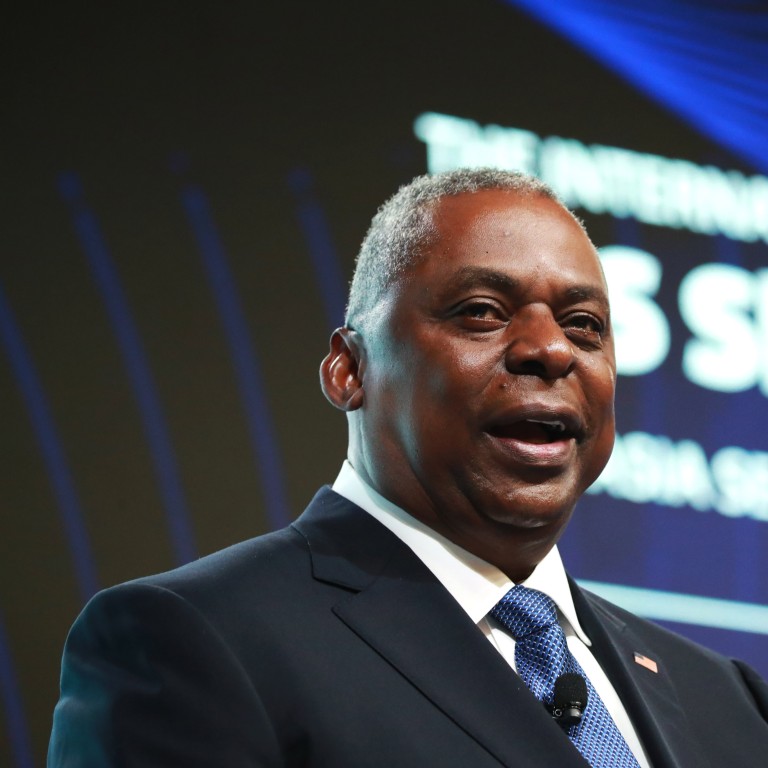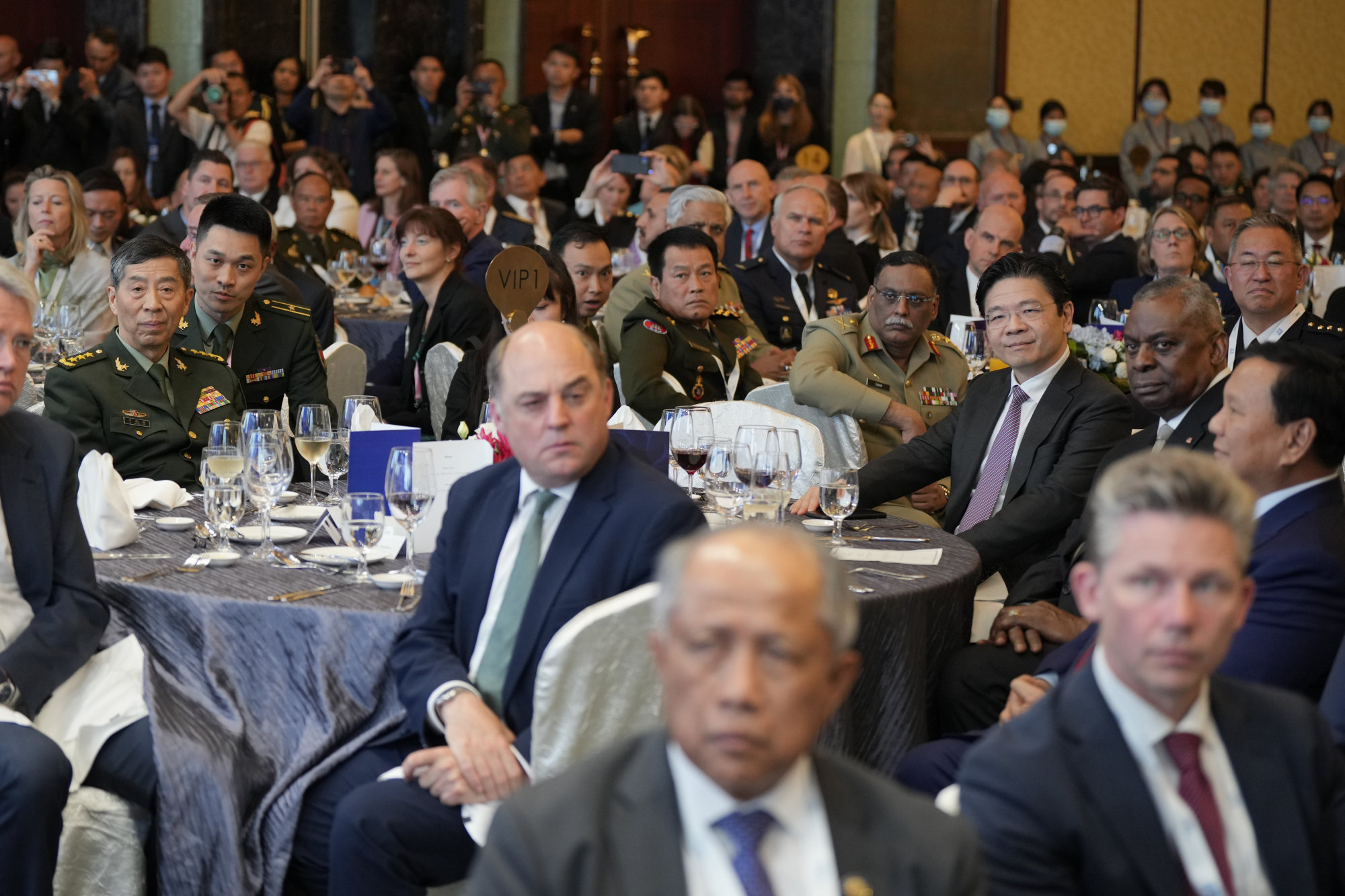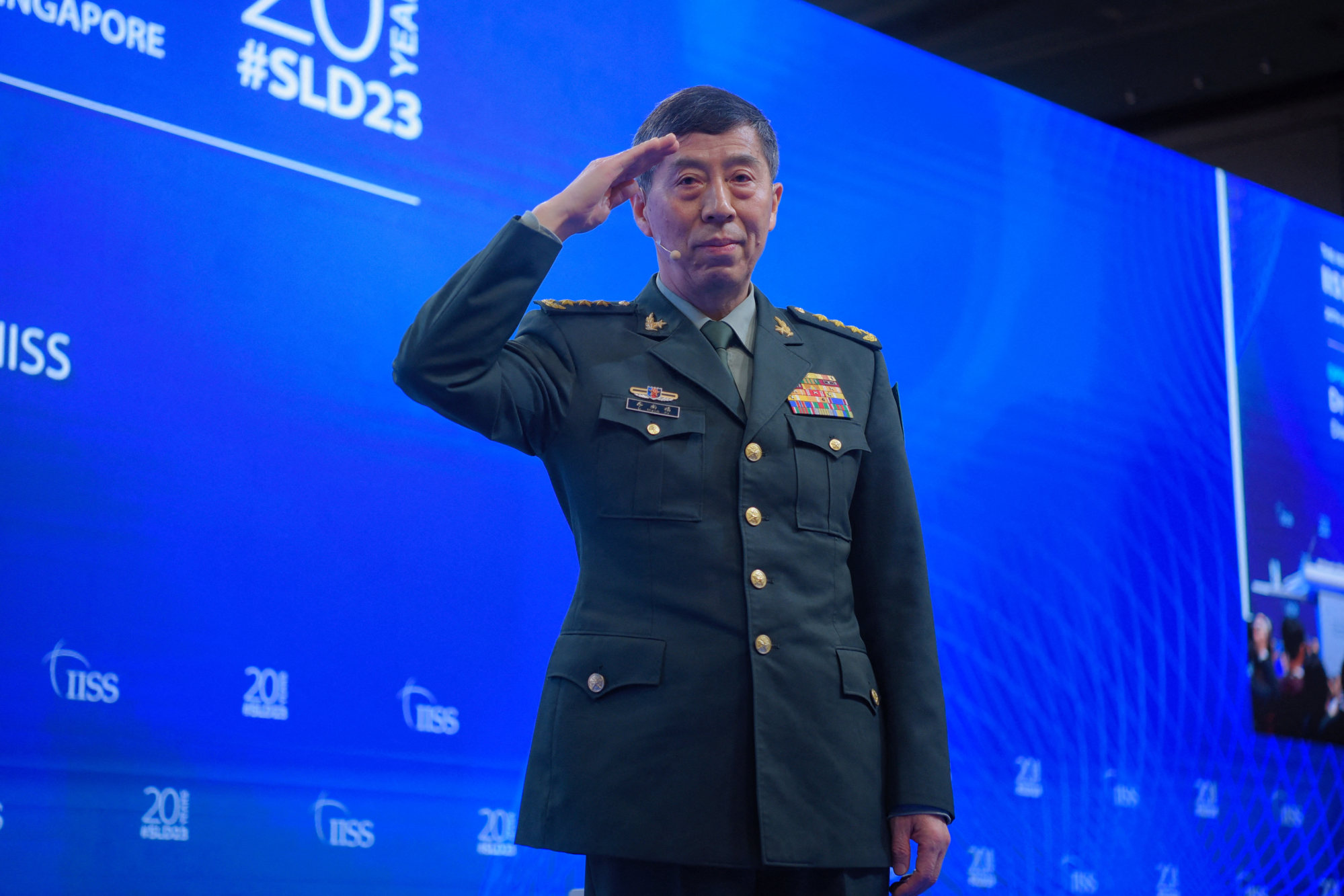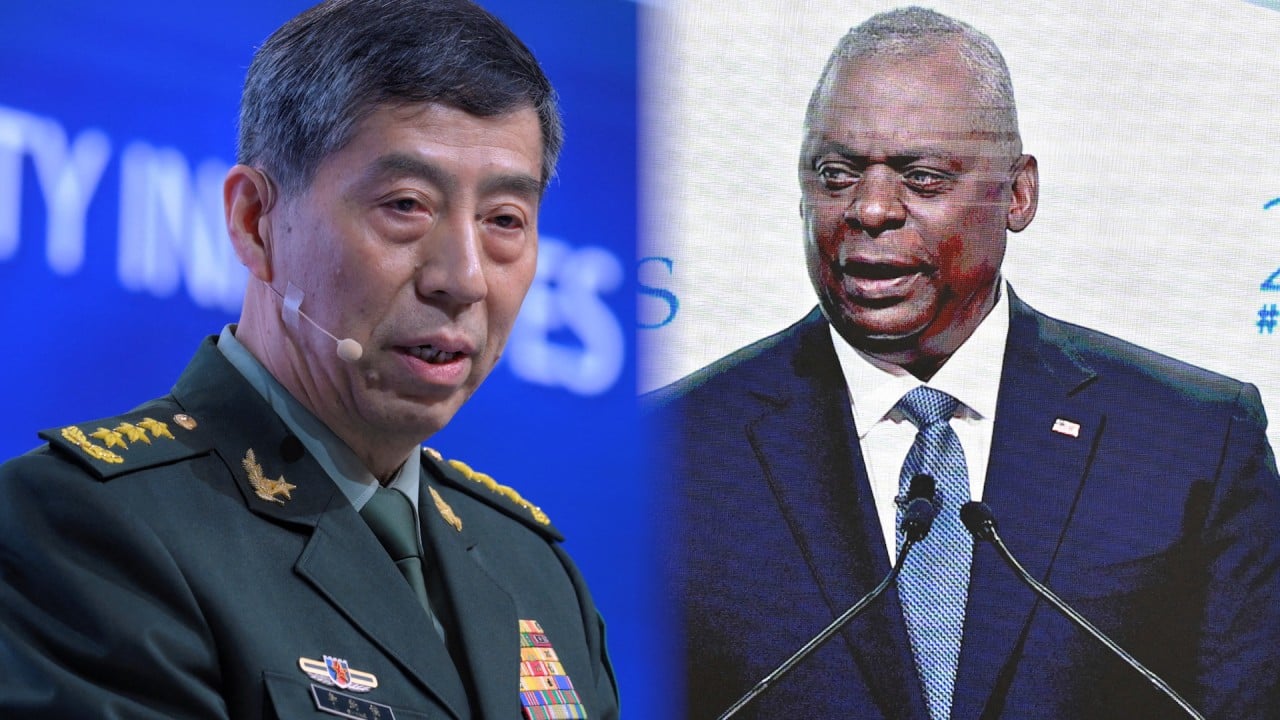
Why US push for high-level military talks with China is getting nowhere for now
- While Washington sees better communications with Beijing as key to reducing the risk in potential flashpoints, analysts say Beijing has different priorities
- China has cited sanctions on its new defence minister as a reason for turning down talks, but has urged the US to stop ‘provocations’ in sensitive areas
The United States is more concerned than China about the lack of high-level military communications because it believes that is one of the keys to reducing the risk of accidents and misjudgments in potential flashpoints such as the Taiwan Strait, military analysts have said.
The two countries recently exchanged barbs after the two ships came within 140 metres (150 yards) of each other in the Taiwan Strait, days after a similar close encounter between two warplanes in the South China Sea.
The US blamed “unsafe and unprofessional” manoeuvres from the People’s Liberation Army Navy for the Taiwan Strait incident, but China said it viewed some patrols as a provocation.
Hu Bo, director of the Centre for Maritime Strategy Studies at Peking University, said there is “no doubt that the risks of miscalculation between the two militaries are increasing”, but high-level communications are mainly for solving “strategic issues” rather than “tactical issues” such as the recent close encounters.
Hu added: “Under emergency situations, the warships of the two countries can still communicate with each other, so the risks [of an accident] are not as high as outsiders think.”
But since then relations have further deteriorated. Beijing cut off three key communication channels between the two militaries last August, in response to then-House speaker Nancy Pelosi’s visit to Taiwan, which Beijing saw as a major breach of its sovereignty.

Although the two countries’ defence ministers met in Cambodia in November, there have been no contacts since, even though a hotline remains in place.
Beijing declined a request for a phone call between Austin and then defence minister Wei Fenghe after Washington brought down an alleged Chinese spy balloon in February.
Both US and Chinese analysts highlighted the increased risk from cutting channels of communication, but the two countries take a different view on how to handle the situation.
Shangri-La Dialogue: Southeast Asia ‘acutely concerned’ about US-China rivalry
“We are beginning to see a number of near accidents, close and dangerous encounters at sea and in the air, if we do not have communication mechanisms in place to prevent those from happening in the first instance, and also to deal with them, to manage them … then I think it makes the situation much more risky,” said Paul Haenle, the National Security Council’s China director under both George W Bush and Barack Obama.
The restoration of high military communications seems “a difficult problem right now”, as China is “trying to use the military to military dialogues as leverage” to get Washington to change its behaviour, said Haenle, now a China analyst with the Carnegie Endowment for International Peace, a Washington-based think tank.
He added that it was important that the two militaries be engaged and keep communication channels open, including mechanisms such as the Maritime Military Consultative Agreement established in 1998 and suspended by Beijing last year.
But Hu, from Peking University, said mechanisms such as that were not that “useful” given the two sides’ different viewpoints and intentions.

“The Maritime Military Consultative Mechanism has been in place for years, but it cannot solve problems because we care more about strategic safety issues, about [the US] having so many manoeuvres close to our doors, but they care more about safety issues to prevent accidents.”
Hu added: “Lifting sanctions should be one of the conditions for China to engage in communications … the US should show sincerity first, if the US is not willing to do anything, then the problem cannot be resolved.”
A Chinese military analyst, who requested anonymity due to the sensitivity of the topic, said there were further obstacles to high-level engagements beyond the obvious problem caused by US sanctions on Li.
China urges US to take ‘concrete action’ to stop further decline in ties
“How can they [Li and Austin] talk? What is the point of communicating after severe US provocations like this?” the academic, who is close to the military, said, citing US activities in areas such as the Taiwan Strait and Chinese-claimed waters in the South China Sea.
Despite the higher risks, the PLA “has no other choice but to safeguard national security and territorial integrity”, he added.


